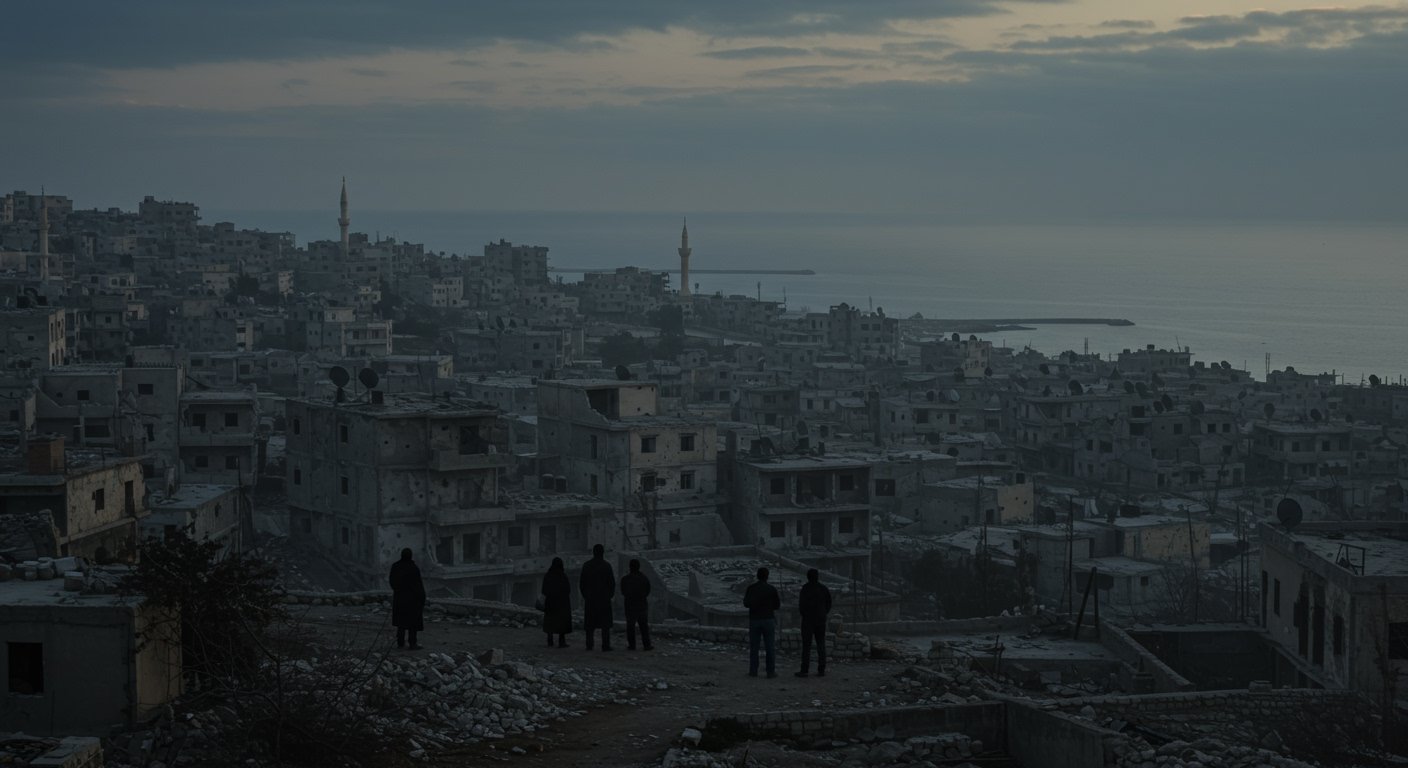WASHINGTON D.C. – Prosecutors in the United States have formally charged powerful Haitian gang leader Johnson Andre, widely known by his alias “Izo,” with involvement in the hostage taking of a U.S. citizen in Haiti. The indictment was announced by the U.S. Attorney’s Office in Washington, signaling a direct legal challenge from the United States against a high-profile figure accused of contributing to the widespread instability and violence plaguing the Caribbean nation.
The charge underscores the growing concern among international authorities regarding the activities of armed gangs in Haiti, which have severely disrupted daily life, exacerbated a humanitarian crisis, and increasingly targeted foreign nationals, including Americans, for kidnapping and ransom.
Allegations Detail Hostage Taking
According to the statement released by the U.S. Attorney’s Office in Washington, Johnson Andre, or Izo as he is commonly known, faces federal charges specifically related to the abduction and detention of a U.S. citizen within Haitian territory. The precise details surrounding the incident – including the identity of the victim, the specific date of the kidnapping, and the duration of the captivity – were not immediately made public in the initial announcement. However, the charge of hostage taking itself is a serious federal offense in the United States, carrying significant potential penalties.
US prosecutors have asserted jurisdiction in this case based on the victim being a U.S. citizen, a principle that allows the United States to pursue legal action against individuals accused of certain crimes against Americans abroad. The decision by the U.S. Attorney’s Office in Washington to bring this charge highlights the U.S. government’s commitment to protecting its citizens globally and to holding accountable those who perpetrate such acts, regardless of their location.
Context Amidst Haiti’s Instability
The charges against Izo come at a time when Haiti is grappling with profound security challenges. Gangs control vast swathes of the capital, Port-au-Prince, and other key areas, operating with virtual impunity. These groups are deeply involved in a range of criminal activities, including drug trafficking, extortion, armed robbery, and kidnapping, which has become a particularly lucrative and frequent tactic. The targeting of both Haitian and foreign nationals has fueled a sense of fear and despair throughout the country.
The situation in Haiti is often categorized under subjects including Crime, Global Politics, Kidnapping, Social Issues, Top World News, and World Conflicts. The indictment of a gang leader by a foreign power like the United States is intrinsically linked to these issues, reflecting the transnational nature of organized crime and its impact on global stability and human security. The regions relevant to this development – the Americas, the Caribbean, and Latin America – are all keenly affected by the crisis in Haiti and the potential implications of external legal interventions.
Johnson Andre, Izo, is understood to be a significant figure within the complex and often fragmented landscape of Haitian gangs. His indictment by U.S. authorities marks him as a target of international law enforcement efforts aimed at dismantling the criminal networks contributing to Haiti’s collapse.
US Legal Authority and Response
The decision by US prosecutors to file charges in Washington underscores the United States’ intent to utilize its legal framework to address individuals and organizations it deems responsible for serious crimes against its nationals, even when those crimes occur entirely outside U.S. borders. This application of extraterritorial jurisdiction is a powerful tool employed by the U.S. government to combat international terrorism, drug trafficking, and increasingly, violent organized crime that impacts Americans.
The U.S. Attorney’s Office acts on behalf of the federal government in prosecuting federal crimes. Their announcement regarding Izo signifies that a grand jury has likely reviewed evidence and found sufficient basis to believe that he committed the alleged crime of hostage taking of a U.S. citizen. This action complements other measures the U.S. government has taken, such as visa restrictions and financial sanctions against Haitian gang leaders and their facilitators.
Broader Implications and Next Steps
The indictment of Johnson Andre, Izo, by U.S. prosecutors sends a clear message to other gang leaders in Haiti and globally: perpetrating crimes against U.S. citizens will not be tolerated, and the United States will pursue legal remedies against those responsible, regardless of their location or perceived power. While an indictment is an accusation and not a conviction, it is the first step in the U.S. legal process that could potentially lead to an arrest and extradition request if Izo were apprehended in a location willing to cooperate with U.S. authorities.
The case is relevant to Top World News due to its connection to the ongoing crisis in Haiti and the intersection of national sovereignty, international crime, and foreign policy. It highlights the challenges faced by countries like Haiti and the complex dynamics involved when external powers seek to address internal security failures through legal means.
Ultimately, this charge by the U.S. Attorney’s Office in Washington represents a significant development in the international response to Haiti’s security crisis, specifically targeting a high-profile figure accused of a grave crime against a U.S. citizen, placing further legal pressure on those contributing to the country’s turmoil.








